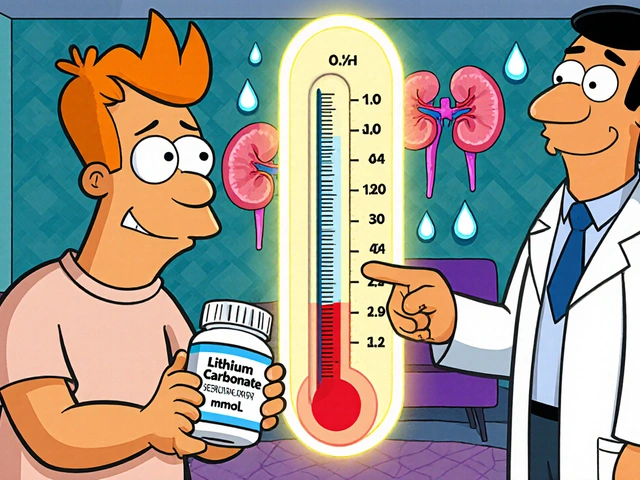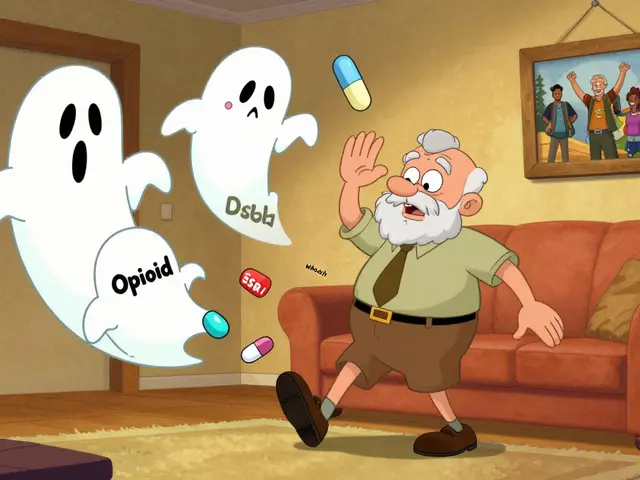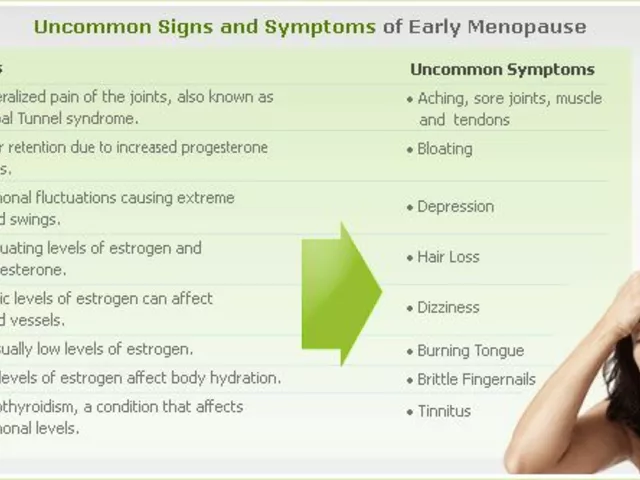Zollinger-Ellison Syndrome: What You Need to Know
If you’ve heard of Zollinger‑Ellison syndrome (ZES) but aren’t sure what it really means, you’re in the right place. ZES is a rare condition where tiny tumors called gastrinomas grow in the pancreas or duodenum and make way too much stomach acid. The extra acid can cause painful ulcers, diarrhea, and other gut problems.
Symptoms and Warning Signs
The first clue is usually recurring ulcers that don’t heal with normal meds. You might feel burning pain in the upper belly, especially after meals, or get a sour taste that lingers. Diarrhea is another common sign—sometimes it’s watery, sometimes oily—because the acid messes up how your intestines absorb nutrients.
Other red flags include nausea, vomiting, weight loss despite eating normally, and even heartburn that feels worse than usual. If any of these show up repeatedly, especially in someone under 50, it’s worth asking a doctor about ZES.
Diagnosis and Treatment Options
Doctors start with a blood test to measure gastrin levels; high numbers point toward a gastrinoma. Imaging scans like CT, MRI, or endoscopic ultrasound help locate the tumor. In some cases, they use a special scan called somatostatin receptor scintigraphy (SRS) to spot hidden tumors.
Once diagnosed, treatment focuses on two goals: stop acid overproduction and remove or control the tumor. Proton‑pump inhibitors (PPIs) are the go‑to drugs for lowering stomach acid—they’re cheap, effective, and usually needed long term.
If the tumor is small and hasn’t spread, surgery can be curative. Larger or metastatic tumors may need a combination of liver‑directed therapies, chemotherapy, or targeted agents like everolimus. Regular follow‑up scans are key because gastrinomas can come back.
Living with ZES means staying on acid‑blocking meds for life and monitoring nutrition. Some people need extra vitamins B12 or iron because the acid interferes with absorption. Eating smaller, more frequent meals can help reduce discomfort.
Bottom line: Zollinger‑Ellison syndrome is rare but manageable. Early detection, proper medication, and timely surgery give most patients a good quality of life. If you suspect any of the symptoms listed above, talk to your healthcare provider—getting tested early makes treatment much easier.



